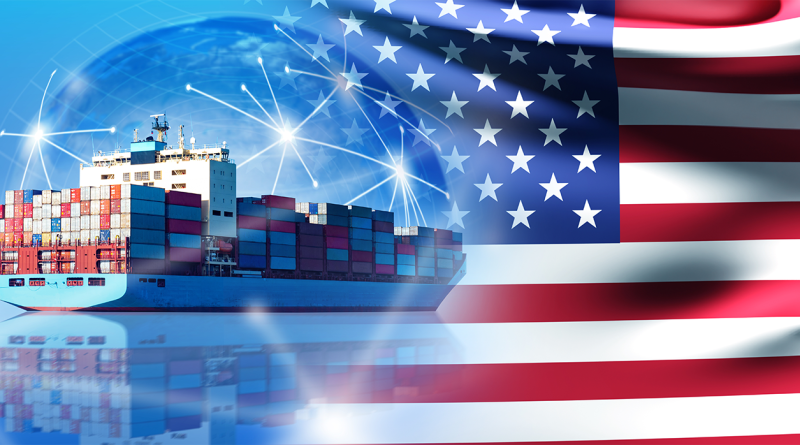De Minimis Loophole: The Debate That’s Shaping U.S. Manufacturing’s Future
The de minimis exemption is a US customs rule allowing imports valued under $800 to enter the country without duties or taxes. This threshold, raised from $200 in 2016, has significantly boosted e-commerce shipments from companies like Temu and Shein.
While it simplifies trade by reducing administrative costs, the rule has become contentious, particularly among US manufacturers. Some claim it unfairly advantages low-cost imports, undermining domestic production and contributing to factory closures.
How the De Minimis Exemption Benefits E-Commerce but Challenges US Manufacturers
E-commerce giants capitalize on the de minimis threshold, flooding the US market with low-cost goods in sectors like textiles and apparel. By shipping directly to consumers, these companies bypass tariffs and customs checks, leading to a surge in imports. In 2023, over 1 billion de minimis shipments entered the US, up from 150 million in 2016.
This rise in imports challenges US manufacturing, particularly in textiles, where domestic producers face increased competition from cheaper foreign goods. Industry leaders, like Kim Glas of the National Council of Textile Organizations (NCTO), call the rule a ‘disaster’ for US textiles. The pandemic accelerated the shift to online shopping, exacerbating the problem.
Efforts to reform or eliminate the de minimis exemption have gained momentum. The Fighting for America Act and the End China’s De Minimis Abuse Act seek to limit imports that exploit the loophole.
While the National Association of Manufacturers (NAM) supports the exemption, citing its role in reducing costs, the NCTO advocates for stricter enforcement. The legislation also targets imports affected by Section 201, 232, and 301 tariffs, aimed at protecting US industries from predatory pricing.
The divide between supporters and critics is stark. Groups like NAM warn that removing or restricting the exemption could lead to retaliatory actions from other nations, hurting US exporters. Domestic manufacturers argue that the current system disproportionately benefits large-scale foreign importers, allowing them to bypass tariffs and sell products at lower prices than US producers.
Customs and Border Protection (CBP) has begun testing new measures, requiring more detailed shipment information to curb abuse of the de minimis exemption. The Biden administration has expressed support for these reforms, proposing a rulemaking process to tighten controls on goods from China and other countries that benefit from the loophole.
The Future of De Minimis and Its Broader Economic Implications
The potential reform of the de minimis exemption brings far-reaching consequences. Removing or tightening the exemption could lead to a significant increase in prices for US consumers, particularly in sectors like fashion and electronics, where many products are imported from countries like China. Fast-fashion companies like Shein rely heavily on this exemption to keep prices low. Without it, consumers would likely see price hikes, reducing the appeal of these goods to budget-conscious shoppers.
Reform could also impact small and medium-sized businesses that import materials or finished goods. These businesses, many of which rely on low-cost international suppliers, might face more barriers to market entry. Increased customs processing times, stricter regulations and higher compliance costs could slow the flow of goods at US ports and burden e-commerce operations.
From a global trade perspective, changes to the de minimis rule could trigger retaliation from other countries. Many US exporters benefit from similar thresholds in foreign markets, and any tightening of the exemption in the US could lead to increased tariffs or stricter customs procedures for American goods abroad. This creates a delicate balancing act for policymakers who must weigh the potential benefits of protecting domestic industries against the broader implications for international trade.
As discussions continue, US manufacturers are pushing for action. For industries like textiles, where most de minimis shipments occur, the stakes are particularly high. The current system, according to manufacturers, allows foreign producers to flood the US market with cheap imports, leading to factory closures and job losses.
The de minimis exemption debate encapsulates the larger tension between globalization and protectionism, and between consumer affordability and domestic industry protection. As Congress continues to deliberate, the outcome will likely reshape US trade policy and could have lasting effects on consumers, manufacturers, and businesses for years to come.
Sources:
